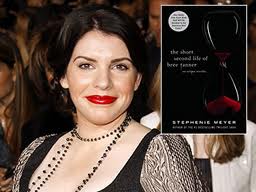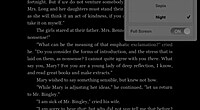
As if it hasn’t all been said before, there are new reasons for embracing digital reading. First, it was the portability that was so highly praised, the ability to have one’s entire library available at the touch of an e-reader button. Then, as digital content really became a viable mainstream reading option, the attention turned to the ease of self-publishing, a benefit that meant greater numbers of books reaching the consumer reading market.
Now, an article in the New York Times entertainment section has shed new light on an as-of-yet unmentioned benefit to digital publishing: the shorter book.
The traditional publishing industry has long held onto established guidelines for what is the appropriate length for a book in any given genre, and the reasons for that speak to the marketability of titles. While there is some gray area in what is considered appropriate reading length, many publishing industry professionals can site the “correct” word count for books.
With the development of Kindle Singles, an Amazon platform for works between 5,000 and 30,000 words in length, more titles became available that would not have been considered for traditional publication due to their shorter page count. The Kindle Singles concept was born strictly to meet the need for an open source for works that were not quite long enough to be considered novel-length but that were far too lengthy to be published in a periodical. And Amazon is not the only platform to encourage the return of the pamphlet-length work; Penguin Shorts and Random House each have their own source for producing shorter word count pieces.
As the Times piece points out, the access to digital publishing is affording even traditionally published authors to distribute their shorter creative works without feeling the unnecessary call to make the novellas fit into accepted publication guidelines by expanding them needlessly. Among the various start-ups that are offering shorter volume works, bestselling authors like Amy Tan and Walter Mosely—to name only two—are enjoying the freedom to publish without feeling the pressure of conforming to rigid rules about the length of a book.
Mercy Pilkington is a Senior Editor for Good e-Reader. She is also the CEO and founder of a hybrid publishing and consulting company.
